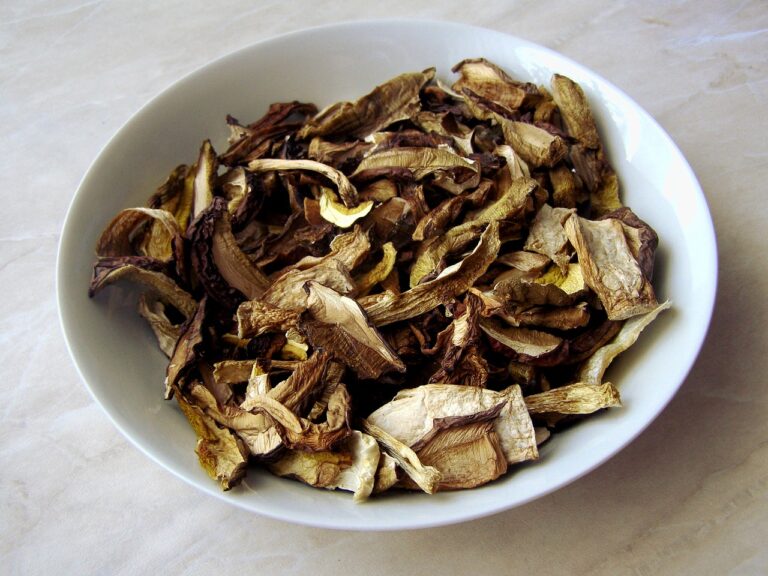The Science of Food Safety: From Farm to Fork
When it comes to ensuring food safety, there are several key principles that must be followed rigorously. The first principle involves practicing good personal hygiene, which includes proper handwashing techniques and wearing appropriate protective gear. Secondly, maintaining a clean and sanitary working environment is crucial to prevent contamination and foodborne illnesses. Regular cleaning and sanitizing of equipment and surfaces are essential aspects of this principle.
Another important principle of food safety is proper food handling and storage. It is vital to handle food with care to prevent cross-contamination between raw and cooked items. Moreover, storing food at the correct temperature can help inhibit the growth of harmful bacteria. Adhering to these principles is essential in ensuring the safety and quality of food products for consumers.
Understanding Potential Hazards in Food Production
Food production involves various stages that can potentially introduce hazards into the food supply chain. Contaminants like bacteria, viruses, parasites, and chemicals are common culprits that can compromise the safety of food products. These hazards may originate from the raw materials used, processing equipment, production environment, or even human handling during the different stages of production.
Microbial contamination is a significant hazard in food production, with pathogens such as Salmonella, E. coli, and Listeria being primary concerns. These microorganisms can thrive in the right conditions, leading to foodborne illnesses when consumed. Cross-contamination is another hazard to be wary of, as it can occur when pathogens are transferred from contaminated surfaces or ingredients to food products, posing a serious risk to consumer health.
– Cross-contamination can occur when food products come into contact with contaminated surfaces or ingredients
– Pathogens such as Salmonella, E. coli, and Listeria are common microbial contaminants in food production
– Contaminants like bacteria, viruses, parasites, and chemicals can compromise the safety of food products
– Hazards in food production can originate from raw materials used, processing equipment, production environment, or human handling
Importance of Good Agricultural Practices
Good Agricultural Practices play a crucial role in ensuring that the food we consume is safe and free from harmful contaminants. By following these practices, farmers can minimize the risk of foodborne illnesses and maintain the quality of their produce. This involves implementing measures such as proper handling of chemicals, ensuring clean water sources, and practicing preventive measures against pests and diseases.
Furthermore, adhering to Good Agricultural Practices can also have a positive impact on the environment. By promoting sustainable agricultural methods, such as crop rotation and integrated pest management, farmers can reduce the use of harmful chemicals and preserve natural resources. This not only benefits the ecosystem but also contributes to the long-term viability of agricultural systems.
What are the key principles of food safety?
The key principles of food safety include maintaining cleanliness in all aspects of food production, ensuring proper storage and handling of food, monitoring and controlling potential hazards, and following strict hygiene practices.
How can farmers understand potential hazards in food production?
Farmers can understand potential hazards in food production by conducting thorough risk assessments, identifying possible sources of contamination, implementing control measures to mitigate risks, and regularly monitoring and testing their products for any harmful substances.
Why are good agricultural practices important?
Good agricultural practices are important because they help ensure the safety and quality of food products, protect the environment from harmful practices, promote sustainable farming methods, and maintain the health and well-being of both consumers and producers.







